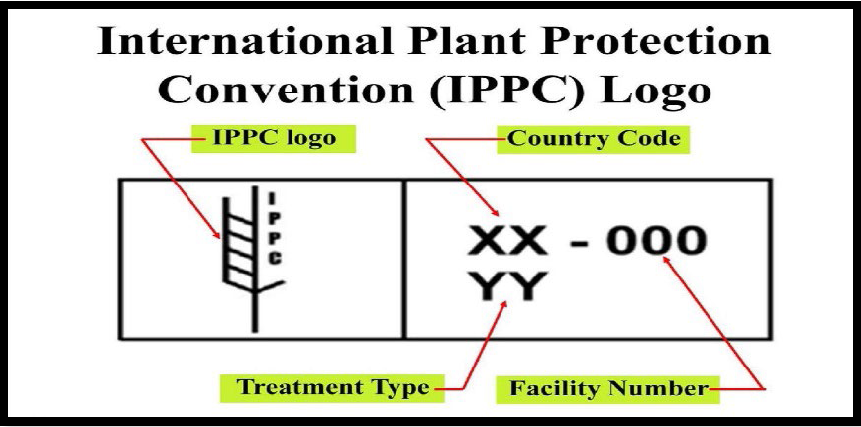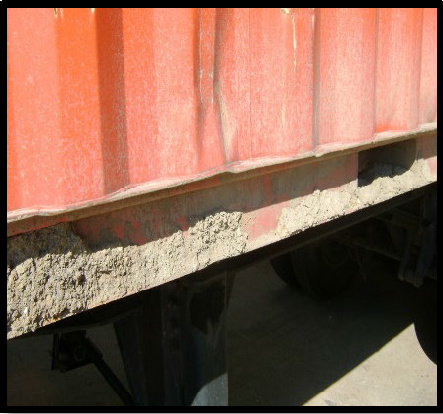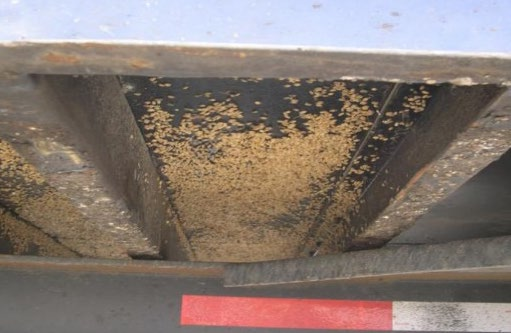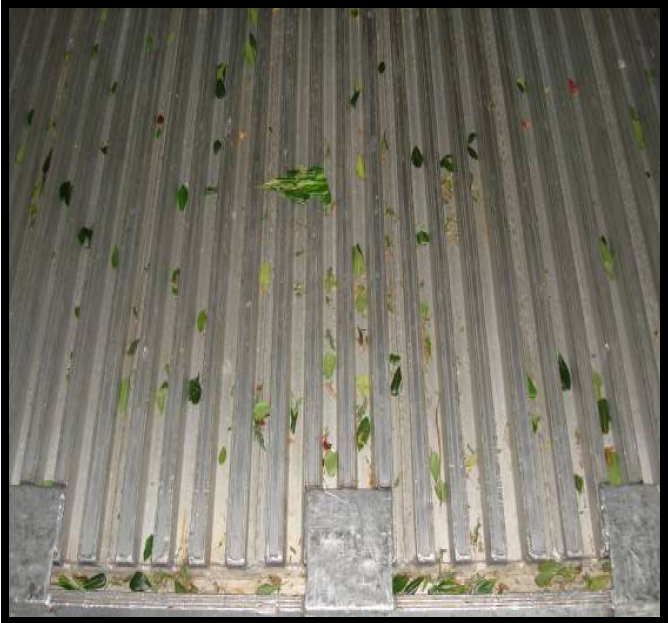Agriculture Security MSC 8.1
U. S . CUS TOMS AND BORDER P ROTECTION
Publication Number: 1885-0822
Last Updated: July 2022
For CTPAT partners validated in 2022, Agriculture Security, section 8.1 of the CTPAT Minimum-Security Criteria (MSC), proved to be one of the highest areas of non-compliance.
Section 8.1:
•CTPAT Members MUST have written procedures designed to prevent visible pestcontamination to include compliance with Wood Packaging Materials (WPM)regulations.
•Measures regarding WPM MUST meet the International Plant ProtectionConvention’s (IPPC) International Standards for Phytosanitary Measures No. 15(ISPM 15).
•Visible pest prevention measures MUST be adhered to throughout the supply chain.
Though an important part of agricultural criteria, WPM requirements are not the only agricultural criteria that must be included in a written policy/procedure. Written agriculture procedures must cover all applicable agricultural criteria. Even if a certain aspect of the criteria does not pertain directly to your company, it may be relevant to some of your business partners.
For those entities handling palletized cargo (using wooden pallets), you must require the pallets to have a legitimate wheat stamp. Foreign suppliers must source wood packaging materials (WPM) from a manufacturer that has heat treated or fumigated the WPM in accordance with the International Plant Protection Convention (IPPC) regulations. These manufacturers must be registered and accredited by a National Plant Protection Organization (NPPO) or an organization that has been officially designated by the NPPO for that purpose. To that end, a list of country contacts is available on the IPPC website: https://www.ippc.int/en/countries/all/contactpoints/
Since pallets are instruments of international traffic (IIT), other criteria pertaining to IIT may apply to the pallets as well. For example, make sure WPM are being stored (with or without cargo) in a proper manner that will not expose them to possible infestation/contamination. If secure/pest free storage is not feasible, fumigation prior to usage may be another way to meet the criteria.
Wheat Stamp:

Agriculture MSC represents significant areas of risk; therefore, it is prudent to consider this as part of a company’s risk assessment process. Certain aspects of agricultural criteria are also regulatory requirements; therefore, failing to eliminate these contaminants from the supply chain could result in delays in cargo processing by CBP and/or requiring containers to be re-exported or treated for insects (fumigated). An additional area of risk is to the U.S. economy, as many of these pests may have devastating effects on U.S. agriculture.
In considering these risks, look at how the MSC pertains to each entity and its role in the supply chain. Importers/exporters have the most responsibility to ensure these requirements are enforced throughout their supply chains, as applicable. If you are a carrier, inspecting IIT for infestation/contamination is a requirement that is easily added on to the existing criterion to inspect conveyances and IIT for security purposes. If you do not directly handle cargo, the criteria may still pertain to you but in a different manner. For example, if you are responsible for contracting companies that handle cargo, you would need to ensure these companies are following all applicable criteria, which includes agriculture criteria. If it is a client that is handling/shipping the cargo, your role is more educational in nature.
If you are still unsure how the criterion requiring written agriculture procedures applies to your company, contact your supply chain security specialist (SCSS). SCSSs are there to help you understand the criteria and assist in strengthening your security measures.
Non-compliant IIT Agriculture Inspections Undercarriage soil (A) and seeds (B):
A.

B.

Leaves in a trailer floor:
